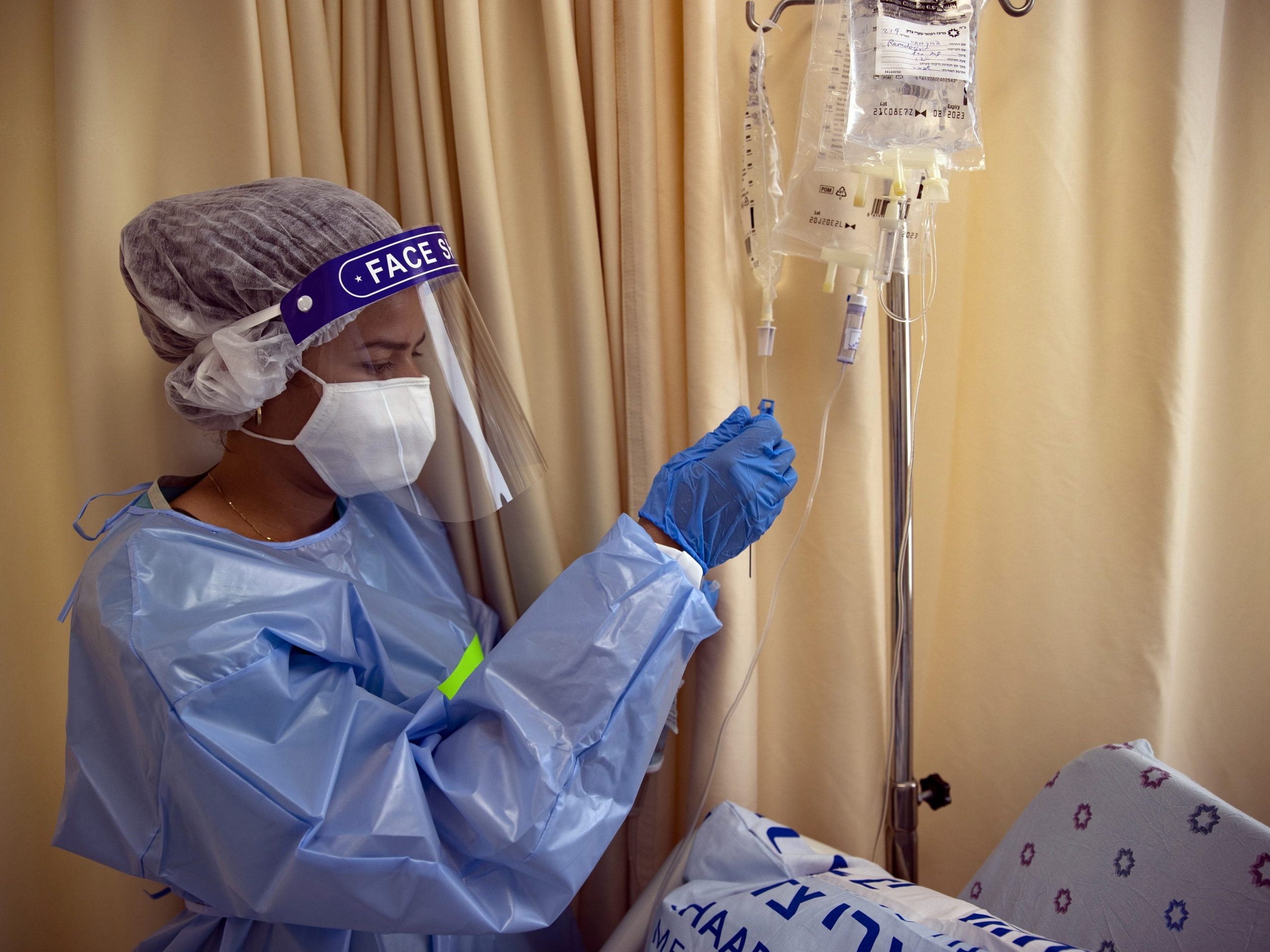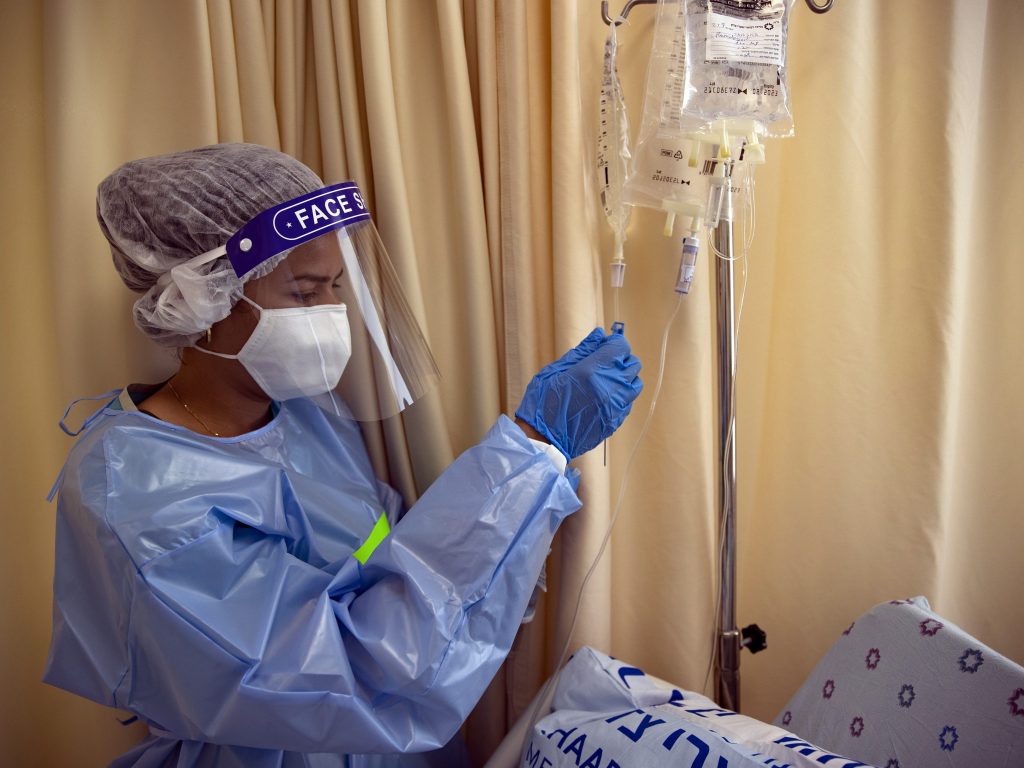
Mostafa Alkharouf/Anadolu Agency via Getty Images
- Eighteen leading experts said "widespread use" of COVID-19 vaccine boosters isn't backed by evidence.
- The group included two FDA officials who resigned over the Biden administration's booster shot plan.
- Current COVID-19 vaccines still protect against severe illness caused by the Delta variant, they said.
- See more stories on Insider's business page.
Eighteen top scientists from across the world have warned against giving COVID-19 booster shots to most fully vaccinated people.
In an review published in the Lancet on Monday, the experts said that the idea of boosting immunity to reduce COVID-19 cases was "appealing." But current evidence didn't support "widespread use of booster vaccination" in the general population, they said, citing 93 references.
"Careful and public scrutiny of the evolving data will be needed to assure that decisions about boosting are informed by reliable science more than by politics," the review authors said.
The group included Philip Krause and Marion Gruber, the two Food and Drug Administration officials who resigned over the Biden administration's booster shot plan earlier in September.
The US is expected to start rolling out booster shots from September 20 to shore up immunity against the Delta variant, which has mutations that can help it avoid the immune response.
Immunocompromized Americans can already get an extra shot. Insider's Hilary Brueck has reported on other experts' concerns about the lack of booster data.
The group, which included scientists from the US, UK, Mexico, Jamaica, France, Portugal, South Africa, and Colombia, said that there could be a significant risk of side effects if boosters were "widely introduced too soon, or too frequently."
This was especially the case for vaccines with "immune-mediated side-effects," such as a type of heart inflammation, called myocarditis, that has been reported in very rare cases after the second dose of Pfizer or Moderna's vaccines.
The researchers warned that if lots of people got side effects with the extra doses, this could reduce vaccine acceptance.
Dr. Ana-Maria Henao-Restrepo, the lead author of the review and a scientist at the World Health Organization, said in a statement that "even if some gain can ultimately be obtained from boosting," the world should focus on getting shots to unvaccinated people.
The WHO has urged countries with good vaccine coverage to hold off boosters until every country has fully vaccinated at least 10% of its population.
The group said that current vaccine supplies could "save more lives" if they weren't used for boosters.
"Unvaccinated people are still the major drivers of transmission and are themselves at highest risk of serious disease," they said.
Existing COVID-19 vacccines were holding up against newer variants like Delta, the review authors said.
The antibody response for vaccination can decrease over time, but this is just one aspect of the immune response. Other parts of the immune system, such as memory cells and T cells, are often longer-lived, and can also provide protection, they said.
The scientists said that an increasing numbers of breakthrough infections were "inevitable" as more people become fully vaccinated and people's behavior changed.
The study authors did not rule out boosters entirely. Boosters tailored to the variants most likely to evolve could "ultimately be needed."
"Now is the opportunity to study, before there is a widespread need," they said.

